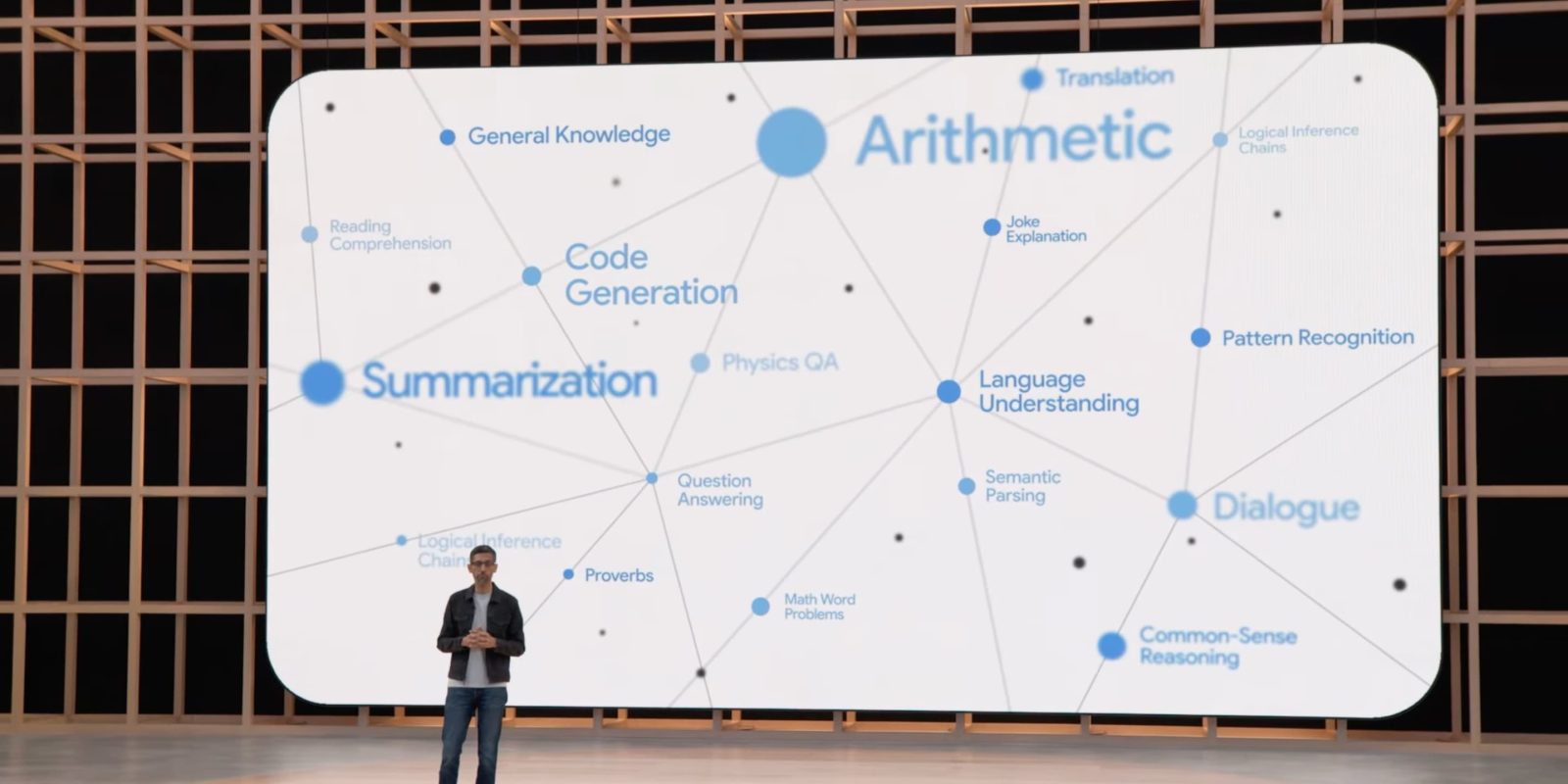
With all eyes on generative AI products like ChatGPT, Microsoft’s new Bing, and Google’s upcoming Bard, Google has built PaLM and MakerSuite as new ways to help developers experiment with creating their own AI-powered projects.
Considering AI technology is still just beginning to arrive and be understood, the idea of creating an application that offers AI can seem far-fetched for developers. As part of a suite of announcements related to generative AI, Google also unveiled the “PaLM API,” which gives devs access to the company’s large language models.
For instance, developers will gain access to multiturn models that are optimized for building things like a chatbot and to general-purpose models for other uses like summarizing text. To start out, Google is making its most efficient models available for use, while larger, less efficient language models will become available over time.
More importantly, to make it even easier to get started with PaLM, Google is launching a new app called MakerSuite. The web-based MakerSuite app will offer simple controls for adding your own (“synthetic”) data, iterating on the prompt used, and fine-tuning the model to a project’s specific needs. Once the model has been tuned to a developer’s liking, that work in the PaLM API can then be embedded into a project, including “in downstream applications built with TensorFlow, Keras, JAX, and other open-source libraries.”
In practice, this should make it far more practical for developers to experiment with adding AI-powered features to their apps. This ease of onboarding may lead to a wave of experimental AI projects that wouldn’t otherwise have been built.
Pricing for the PaLM API and its accompanying MakerSuite app has not been publicly shared, though Google clearly intends for customers’ projects to succeed and ultimately upgrade to the “Vertex AI” service of Google Cloud, which today gained support for generative AI. Both PaLM and MakerSuite are currently in a private preview period, though Google says it’ll open a waitlist for the services in the near future.
Image: Google
FTC: We use income earning auto affiliate links. More.


Comments